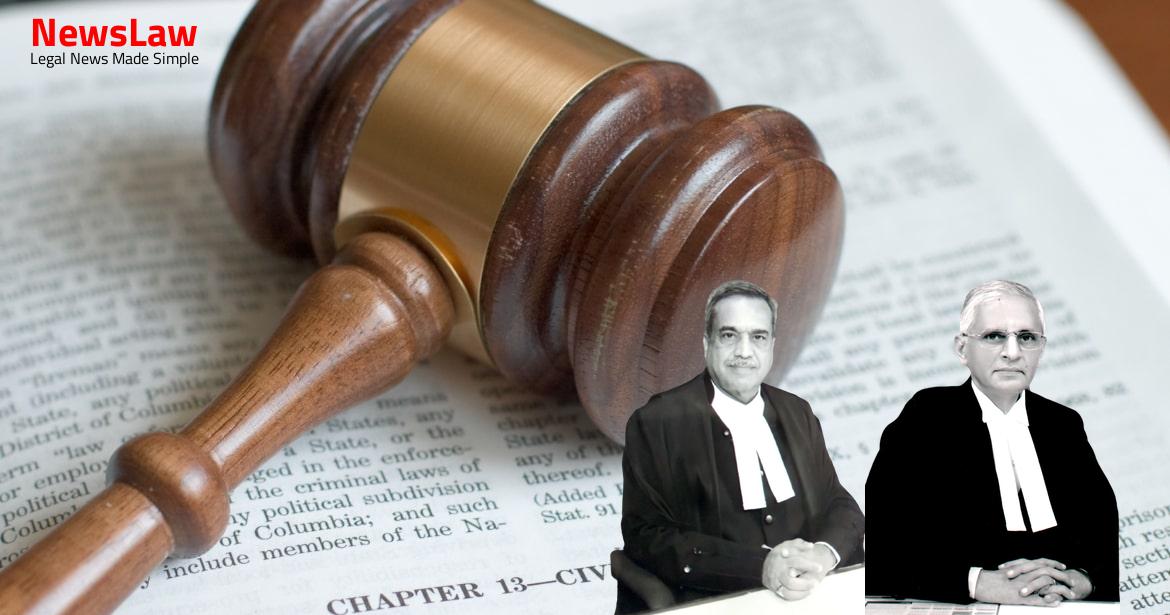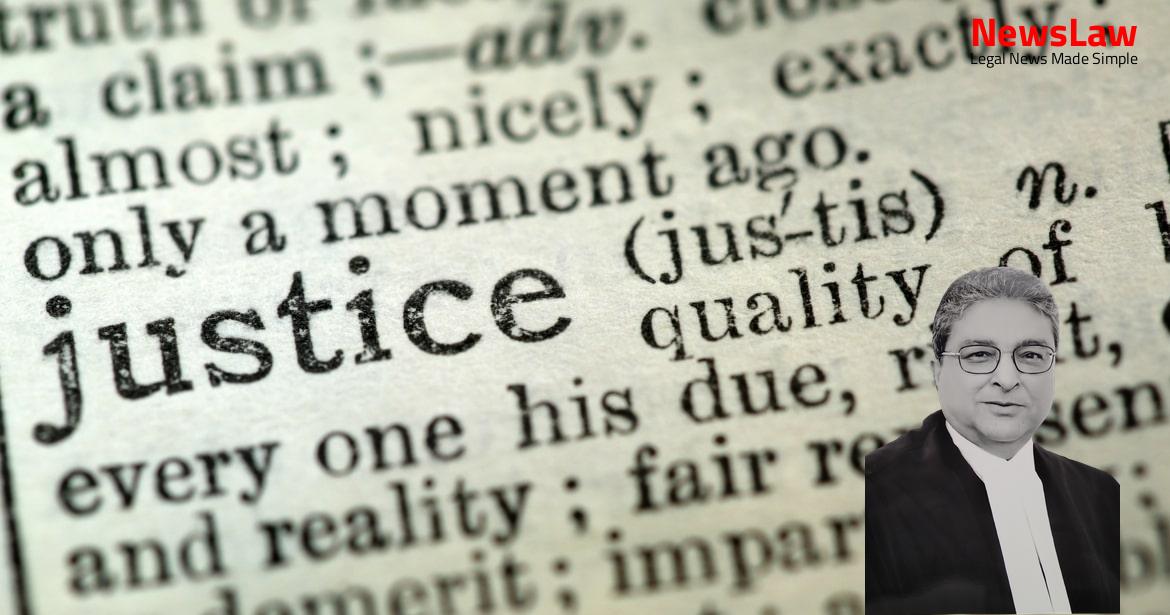Accordingly, on 12 July 2004, sale deed was presented before the appellant who was the Sub-Registrar in the concerned office. According to the case made out by the complainant in his complaint, apart from getting the sale deed typed on a stamp paper of Rs.880/-, he paid a sum of Rs.190/- towards the registration charges of the sale deed. On 16 July 2004, when the complainant visited the appellant’s office, he was informed to bring FMB Sketch from the concerned Government office.
Also Read: https://newslaw.in/case-type/criminal/disclosure-and-recovery-of-weapon-a-key-factor-in-conviction/
As stated earlier, PW-2 M.Sundaramoorthy is the complainant and PW-3 Michael is the shadow witness.
The learned senior counsel Mr S.Nagamuthu, appearing for the appellant, submitted that there was no charge framed as regards the demands made on 6th August 2004 and 13 August 2004. He urged that as no offence was made out under Section 7, even the offence under clause (d) of sub-section (1) of Section 13 was not established. He urged that as no offence was made out under Section 7, even the offence under clause (d) of sub-section (1) of Section 13 was not established.
It is well settled that for establishing the commission of an offence punishable under Section 7 of the PC Act, proof of demand of gratification and acceptance of the gratification is a sine qua non.
Also Read: https://newslaw.in/case-type/civil/moratorium-application-in-insolvency-case/
Though PW-2 accepted that he had filed the complaint, in the cross- examination, he was not confronted with the material portions of the complaint in which he had narrated how the alleged demand was made.
PW-3 did not say that the appellant made a specific demand of gratification in his presence to PW-2.
In the circumstances, the offences punishable under Section 7 and Section 13(2) read with Section 13(1)(d) have not been established. Thus, the Special Court omitted to frame a specific charge on demand allegedly made by the appellant on 6 and 13 August 2004 and acceptance thereof on 13 August 2004.
Also Read: https://newslaw.in/case-type/criminal/legal-analysis-juvenile-justice-act-and-incarceration-period/
Therefore, in this case, the omission to frame charge and/or error in framing charge is not fatal. In a given case, any such error or omission may lead to acquittal and/or a long delay in trial due to an order of remand which can be passed under sub-section (2) of Section 464 of CrPC.
Case Title: SOUNDARAJAN Vs. STATE REP. THE INSPECTOR OF POLICE VIGILANCE ANTICORRUPTION DINDIGUL (2023 INSC 377)
Case Number: Crl.A. No.-001592-001592 / 2022



